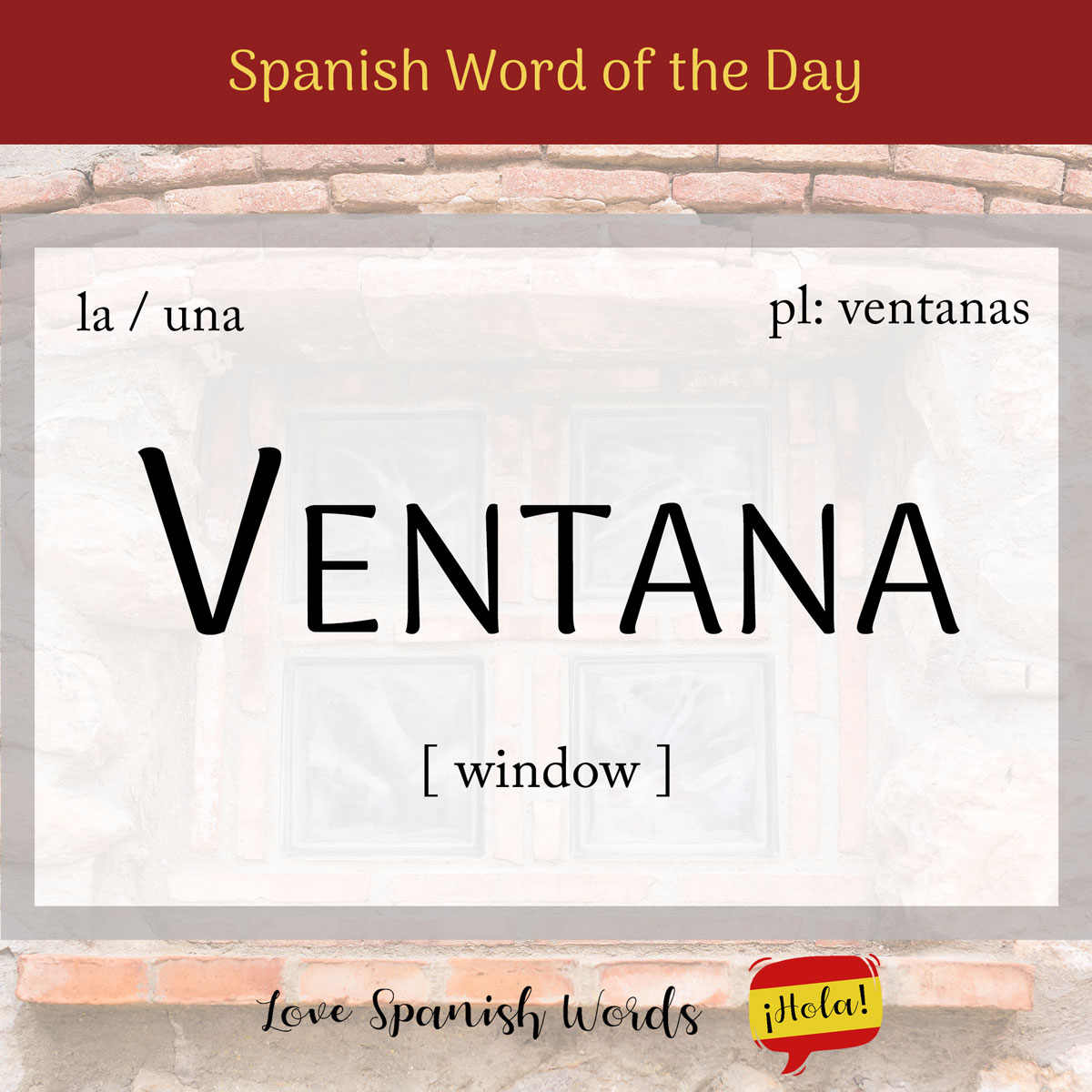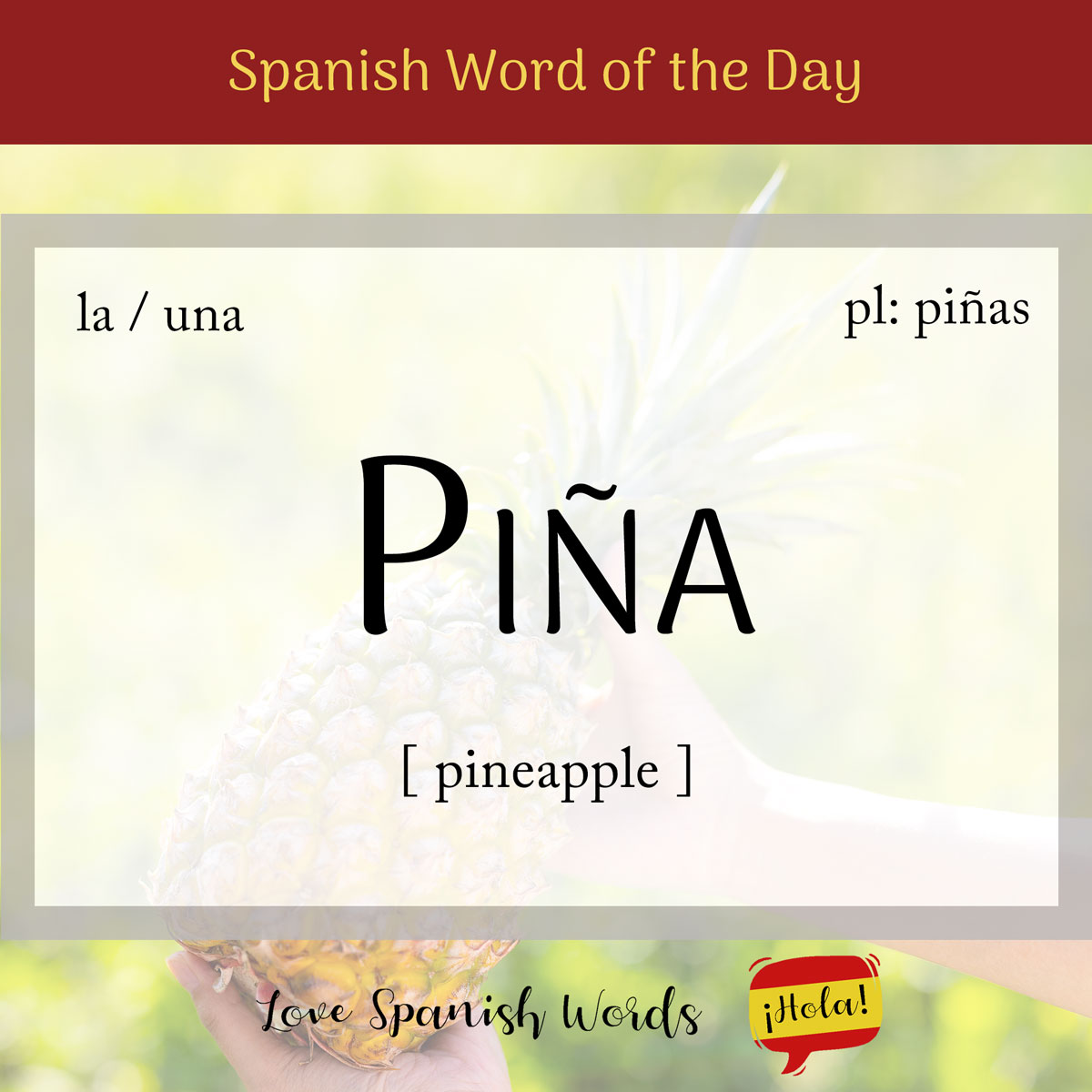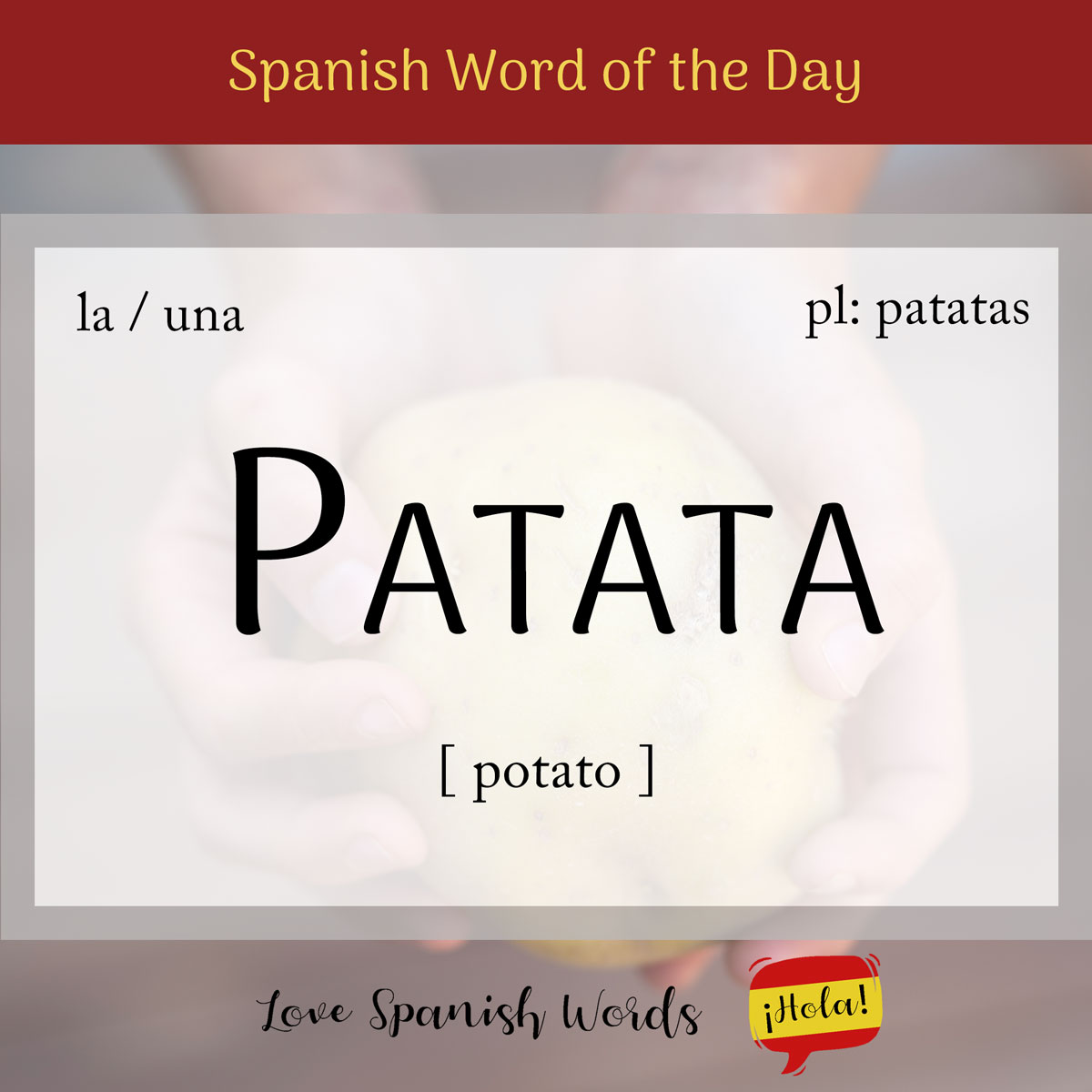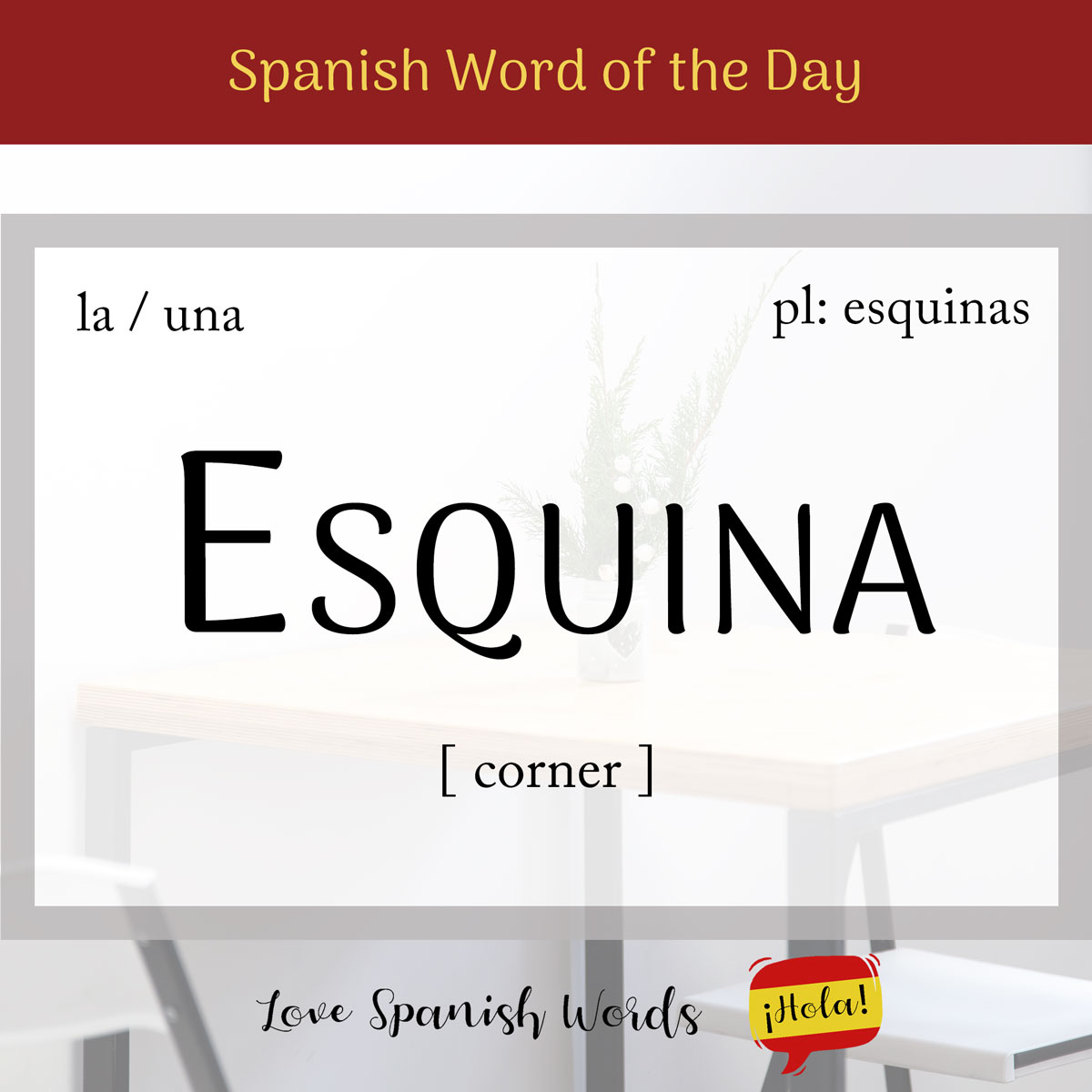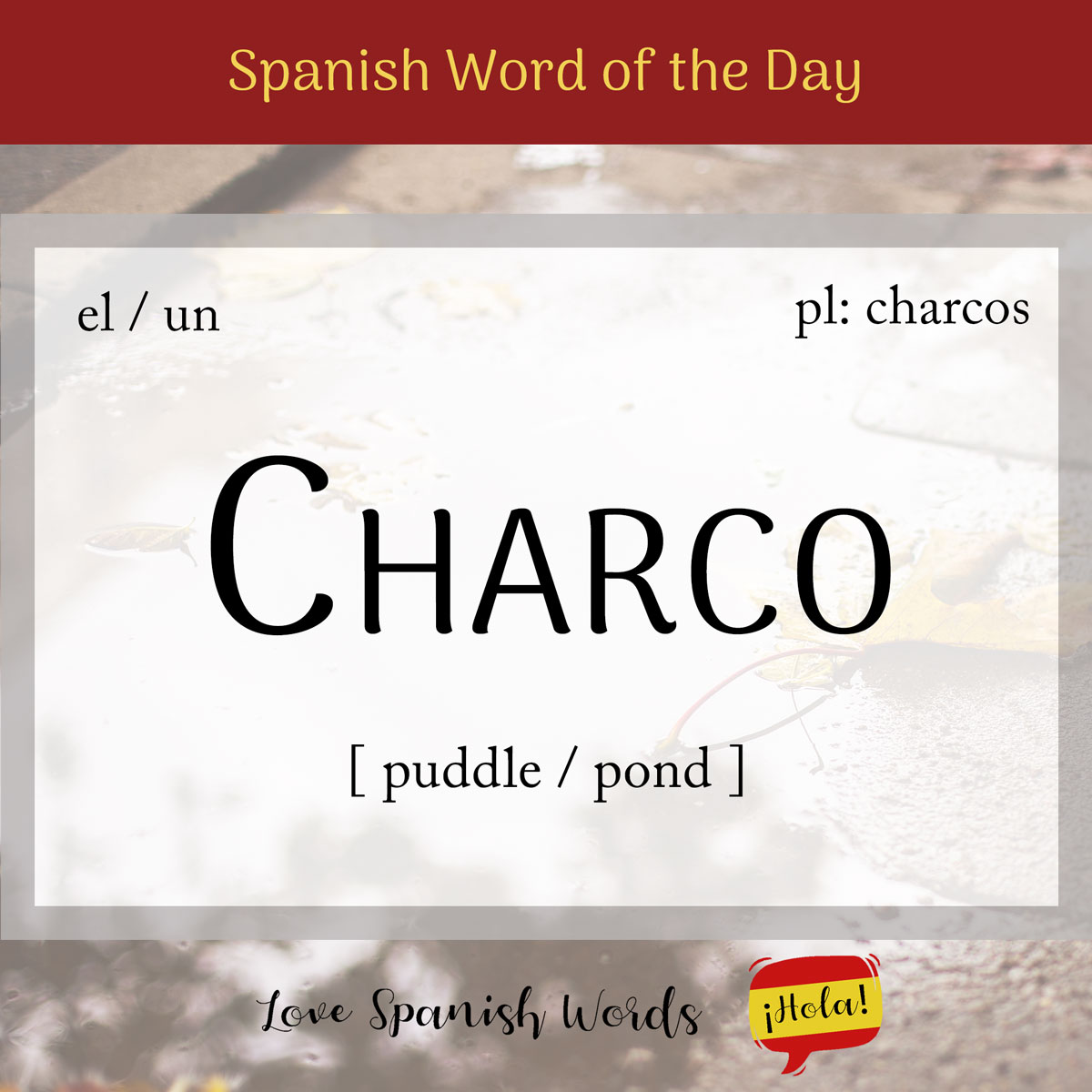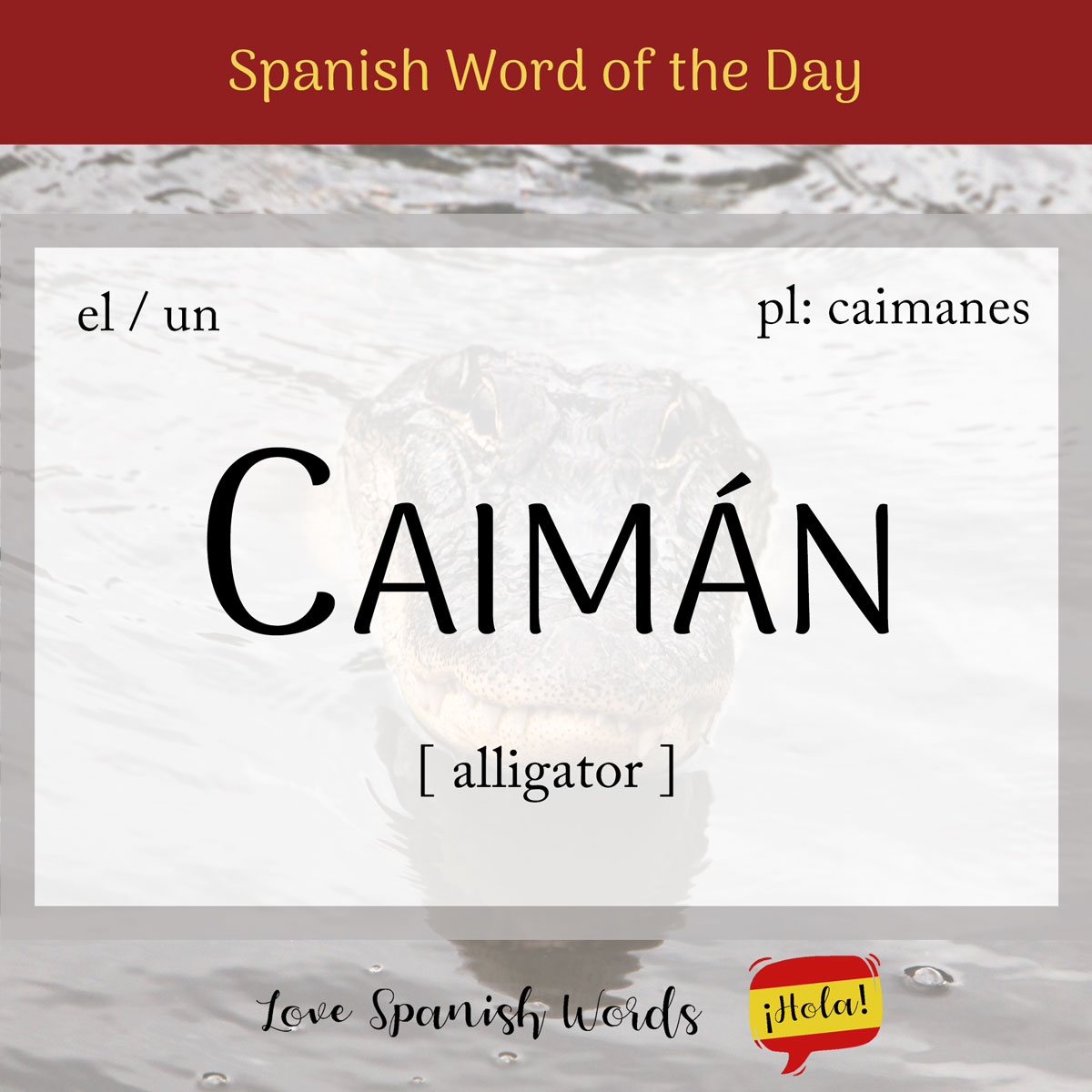Spanish Word of the Day: Ventana (window / nostril)
When you look out your ventana (window) in the morning, what do you see? Do you see other casas (houses)? Or perhaps the montañas (mountains)? Some lucky people may even catch a glimpse of el mar (the sea). Latin American Pronunciation European Pronunciation Ventana is a feminine noun that comes from from the Vulgar Latin …

